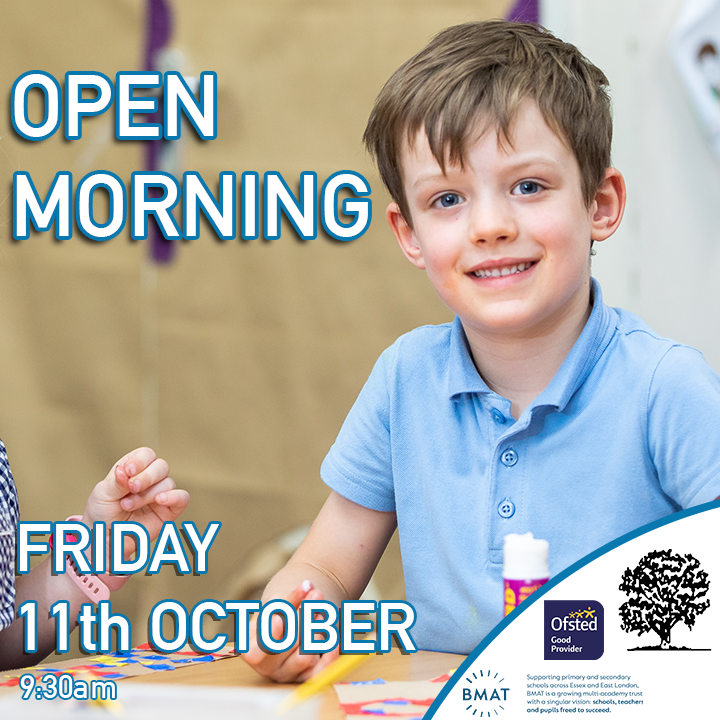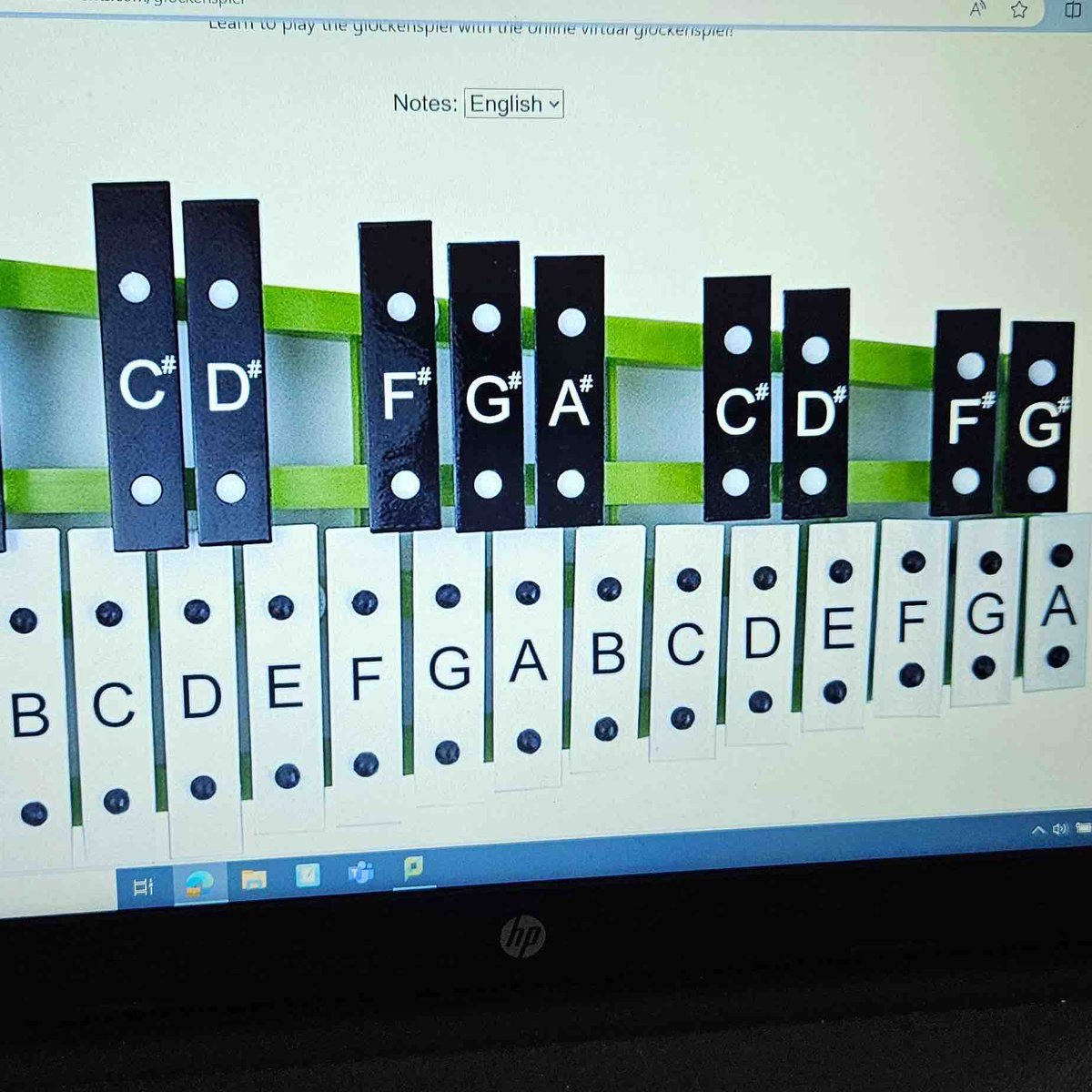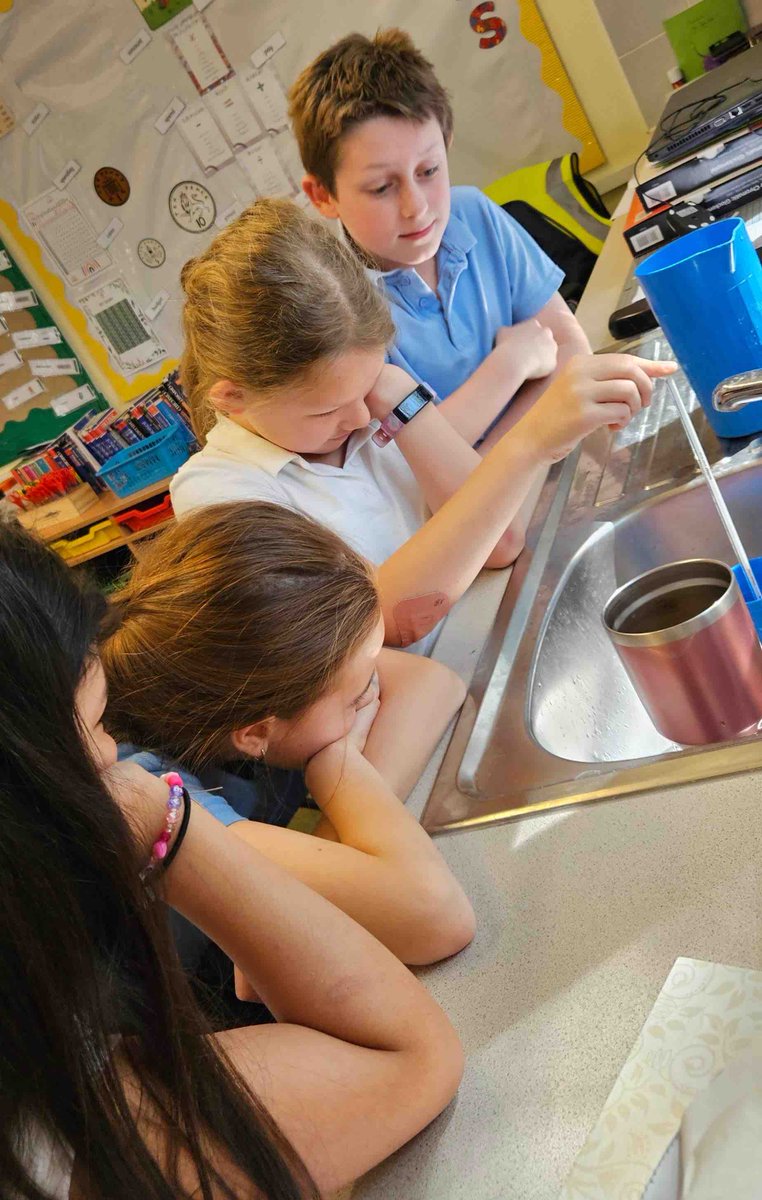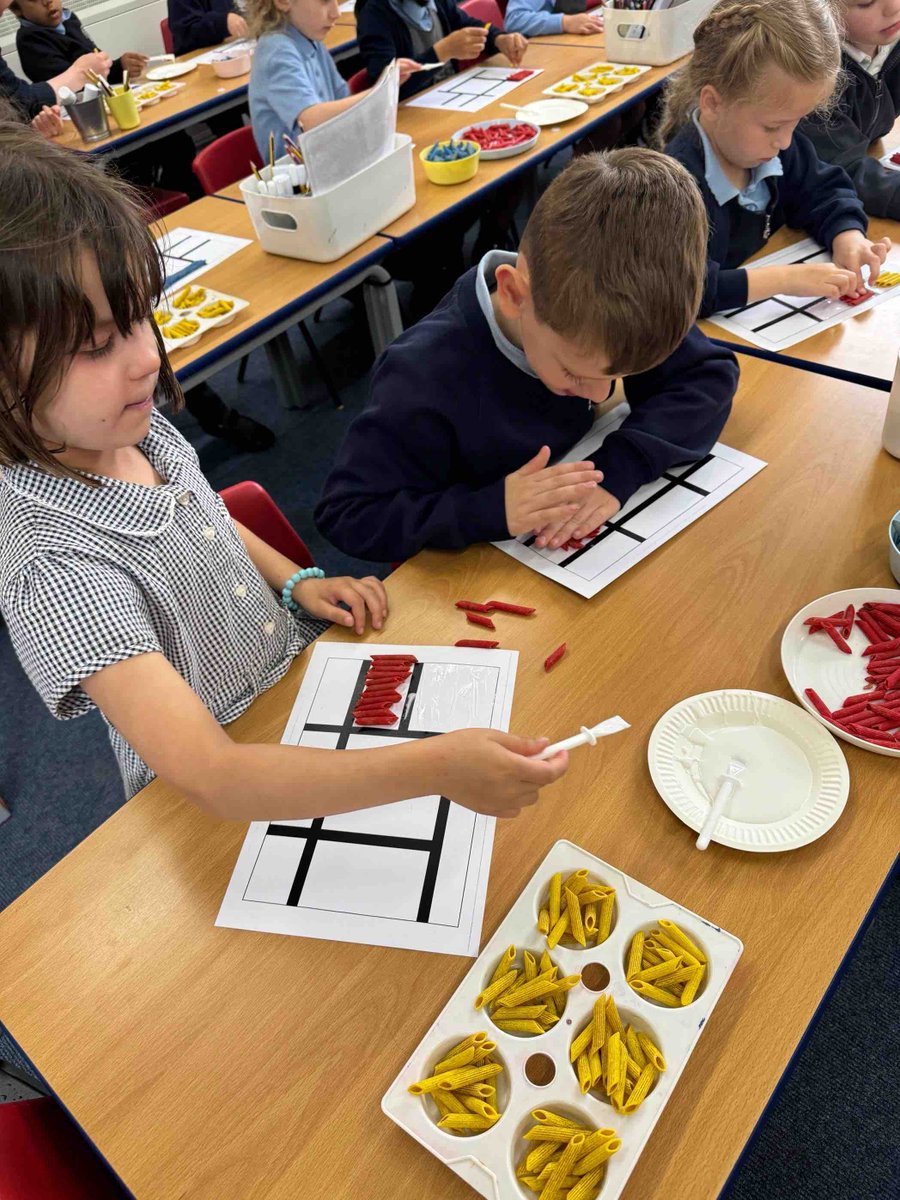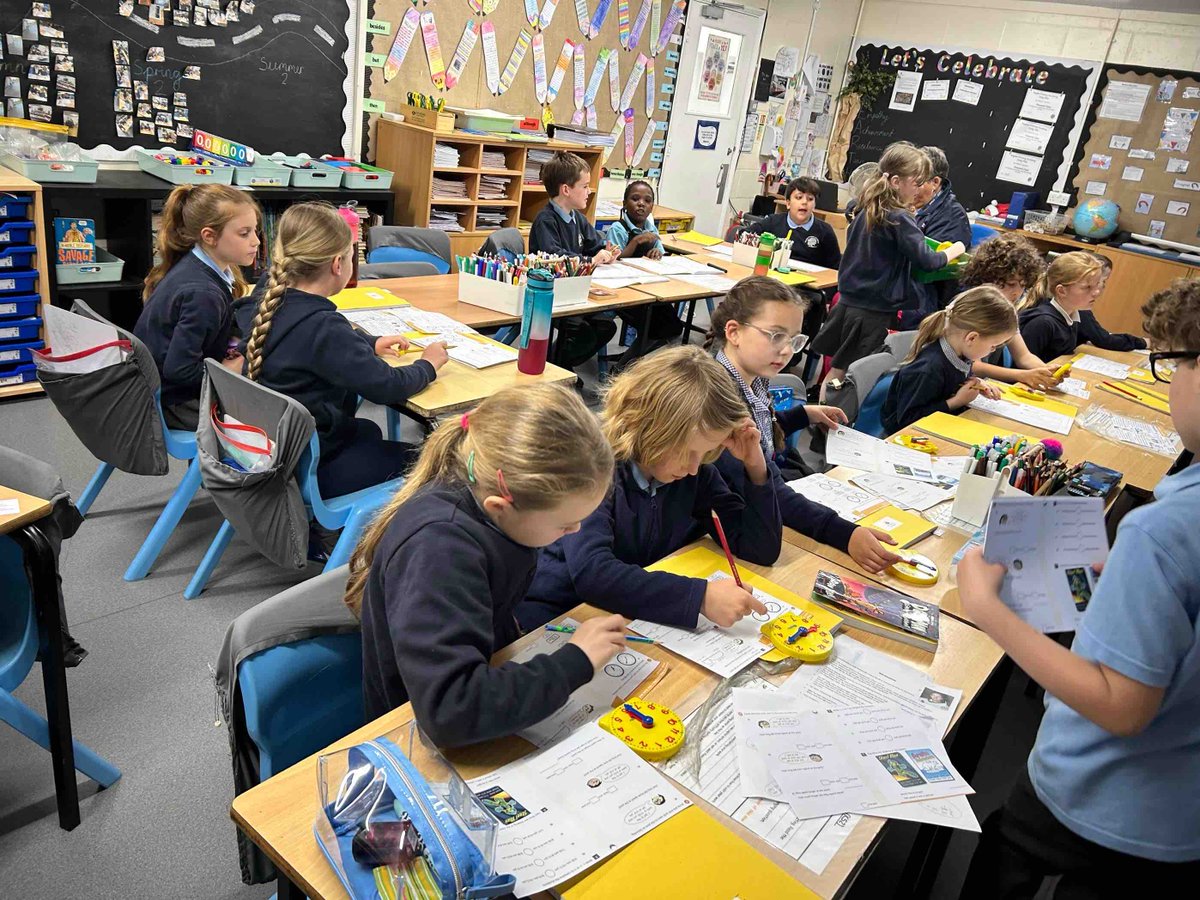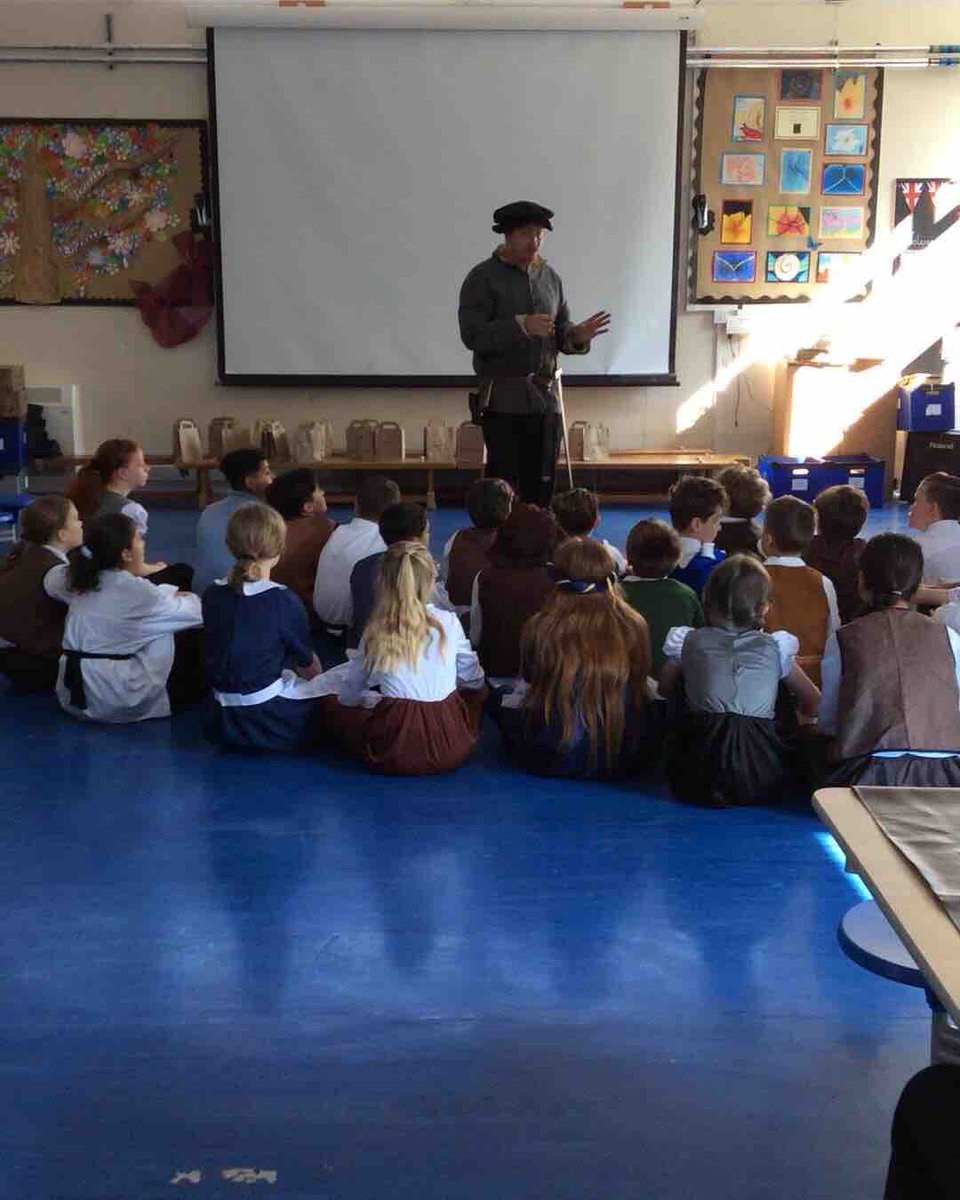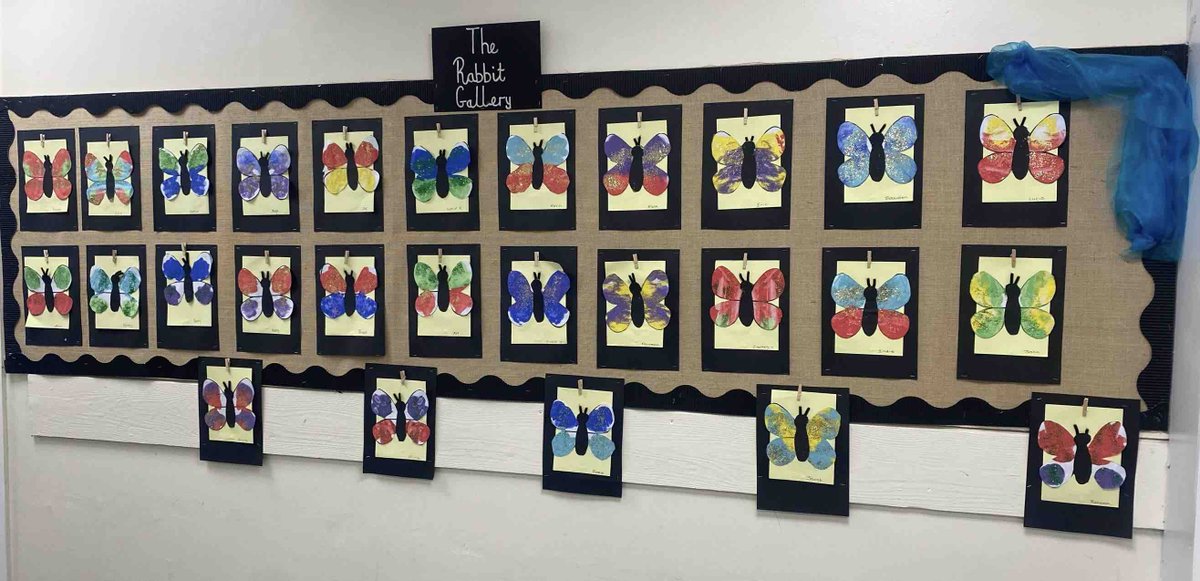Feedback Approaches
At Roydon, we believe feedback should be meaningful, manageable, and motivating.
Feedback is a vital part of the learning process, and at Roydon, we are committed to using it purposefully to support both teaching and progress. Our approach is informed by educational research, including findings from cognitive science that highlight the fragility of new learning and the importance of timely, focused support. We also recognise the need to balance impact with teacher workload.
Our feedback policy is grounded in best practice, drawing on guidance from the Education Endowment Foundation (EEF) and other expert organisations. According to the EEF, effective feedback should:
- Redirect or refocus either the teacher’s or learner’s actions toward a specific learning goal.
- Be specific, accurate, and clear.
- Encourage and sustain further effort.
- Be used selectively to maintain its impact and relevance.
- Promote learner responsibility by guiding them to identify and correct their own mistakes.
- Help teachers identify and respond to misconceptions, either immediately or in future lessons.
Our feedback model at Roydon is built around four core approaches:
- Instant Feedback - Given at the point of learning, allowing for immediate adjustment and reinforcement.
- Whole-Class Feedback - Delivered as ‘review feedback’ to efficiently address common misconceptions and outline next steps.
- Self-Assessment - Encourages pupils to reflect on their learning during the lesson through structured ‘summary feedback’.
- Peer Assessment - Promotes collaborative reflection, with pupils evaluating their own and each other’s work using ‘summary feedback’ techniques.
By embedding these strategies, we aim to ensure that feedback at Roydon is purposeful, impactful, and rooted in evidence-based practice.









